Singapore’s Prime Minister Lawrence Wong is not confident that the United States’ 10% universal import tariff will be open to negotiation. The tariffs, spearheaded by US President Donald Trump, took effect last Saturday and have already begun to strain diplomatic and trade ties across the globe.
In an address to Singapore’s parliament on Tuesday, Wong said that the tariff imposition has already escalated into a global trade conflict, which would severely disrupt Singapore’s export-reliant economy.
“This seems to be the fixed minimum tariff, regardless of a country’s trade balance or existing trade arrangements,” Wong told policymakers in today’s early morning parliamentary session.
According to Reuters, the ASEAN bloc member could reportedly consider revising its current GDP growth forecast of 1% to 3% for 2025, foreseeing a potential economic slowdown. However, Wong insisted it is unclear whether Singapore will slip into a recession if the market nosedives.
Baseline export tariff will hurt Singapore, PM Wong says
Singapore “avoided” the significantly higher tariffs imposed on regional neighbors like China and Vietnam, but the new baseline rate still applies. The country feels America threw away the long-standing 2004 US-Singapore Free Trade Agreement (FTA), which had previously guaranteed near-zero tariffs on goods exchanged between the two nations.
Wong was baffled by the US for not exempting Singapore from the levies, saying Trump’s policy did not align with the “spirit of bilateral friendship.” He argued that continued pressure on Singapore’s manufacturing and export sectors due to tariffs could lead to job losses and business relocations to the US.
“We are very disappointed by the US move, especially considering the deep and longstanding friendship between our two countries,”
~ Wong said.
Yet, he ruled out the possibility of Singapore imposing retaliatory tariffs.
The PM promised that the government would try to cushion the blow for affected workers and businesses. “We will do everything we can to direct citizens past the choppy waters and ensure no one is left behind,” he stated.
Tariff exemption unlikely, even with FTA protections
Trade analysts and former American diplomats believe Singapore, as America’s oldest free trade partner, has more recourse than most nations to challenge the tariffs. Under the FTA, Singapore imposes zero tariffs on US goods that qualify under the agreement’s rules of origin, except for those subject to goods and services tax or excise duties.
“The concept of a free trade agreement was zero tariffs in both directions,” said William Reinsch, a trade policy expert at the Center for Strategic and International Studies and a former National Foreign Trade Council president. “We, by and large, have that with our FTA partners.”
Reinsch denoted that the current tariff policy goes against the legal and diplomatic framework of the agreement. He reckoned that Singapore should press the US to honor its FTA commitments by exempting partners already operating under zero-tariff trade.
“Free trade agreement partners ought to be exempt and ought to stay at zero,”
~ said Reinsch.
A point of contention between Singapore and the US is the actual scale of the trade surplus. The US Trade Representative’s website reports a $2.8 billion surplus in goods trade with Singapore in 2024, but the latter country’s Trade Minister Gan Kim Yong last week claimed the real figure was closer to $30 billion.
President Trump dismisses pause on tariffs
All the cries and lamentations from trading partners are not enough to sway the POTUS from pausing tariffs, much like he did for Mexico and Canada in February. Speaking to reporters on Monday, Trump said the tariffs are meant to restore balance in US trade relationships and confirmed that countries are “scrambling to negotiate.”
“We’re not looking at that,” Trump responded when asked if the tariffs might be postponed. “They’re going to be fair deals, and in certain cases, they’re going to be paying substantial tariffs.”
Trump also mentioned that there are ongoing talks with Japan and expected dialogues with China, although he was a little tight-lipped about whether the tariffs will be modified post-negotiations.
“There could be permanent, and there could also be negotiations. We’re going to get fair deals and good deals with every country.”
When asked about the European Union’s proposal to eliminate tariffs on cars and industrial goods “to ease transatlantic trade tensions,” President Trump said the gesture was insufficient.
“The EU has been very tough over the years. I’ve often said it was created, in many ways, to hurt the US economically through trade,” he concluded.
Cryptopolitan Academy: Coming Soon - A New Way to Earn Passive Income with DeFi in 2025. Learn More











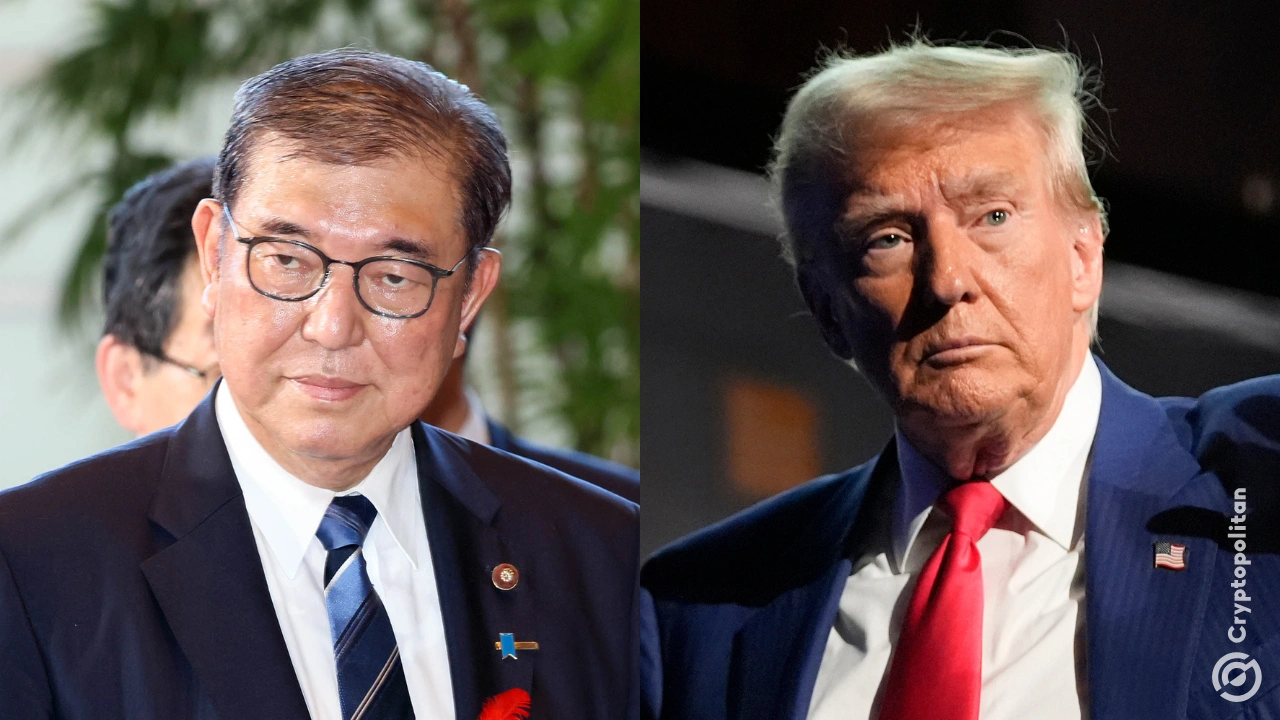
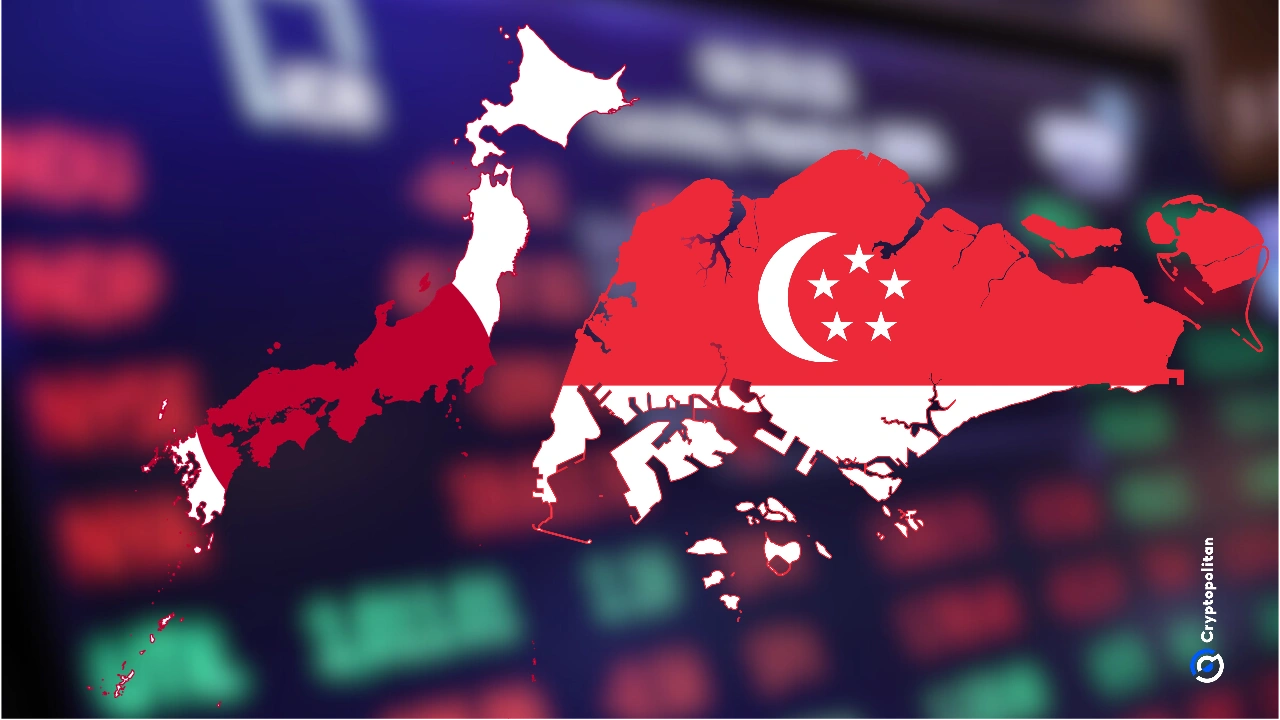
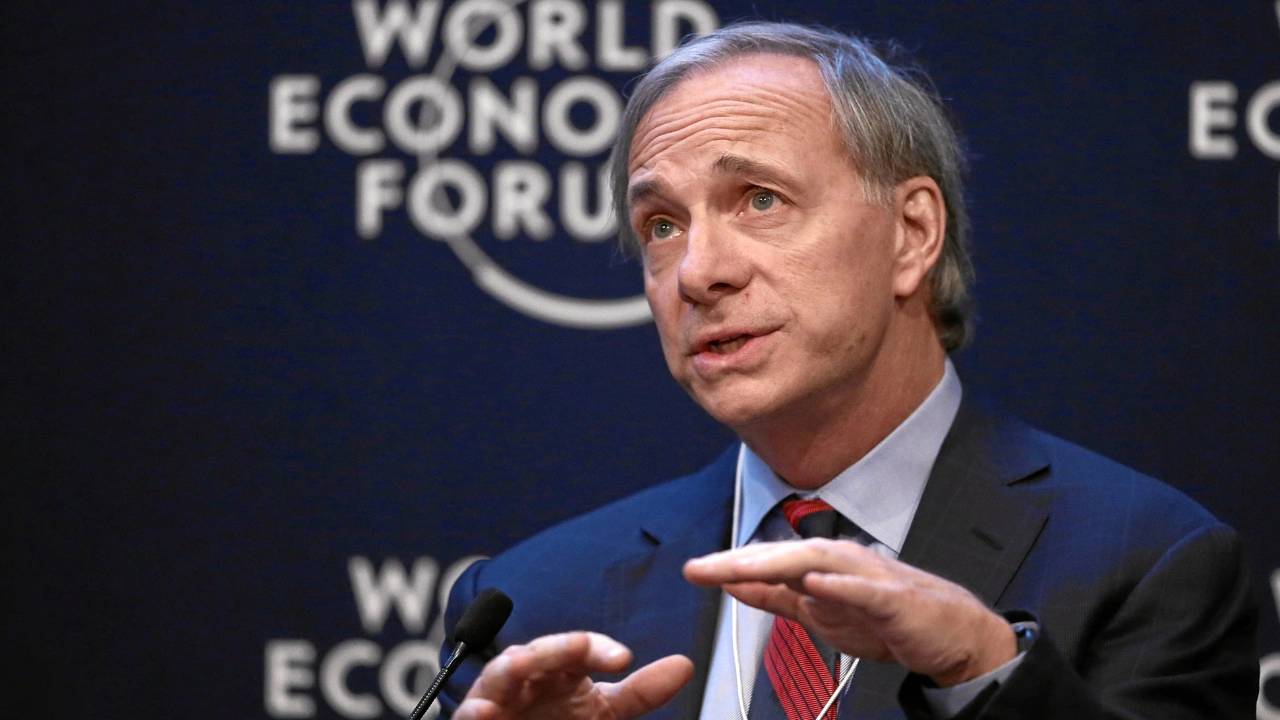
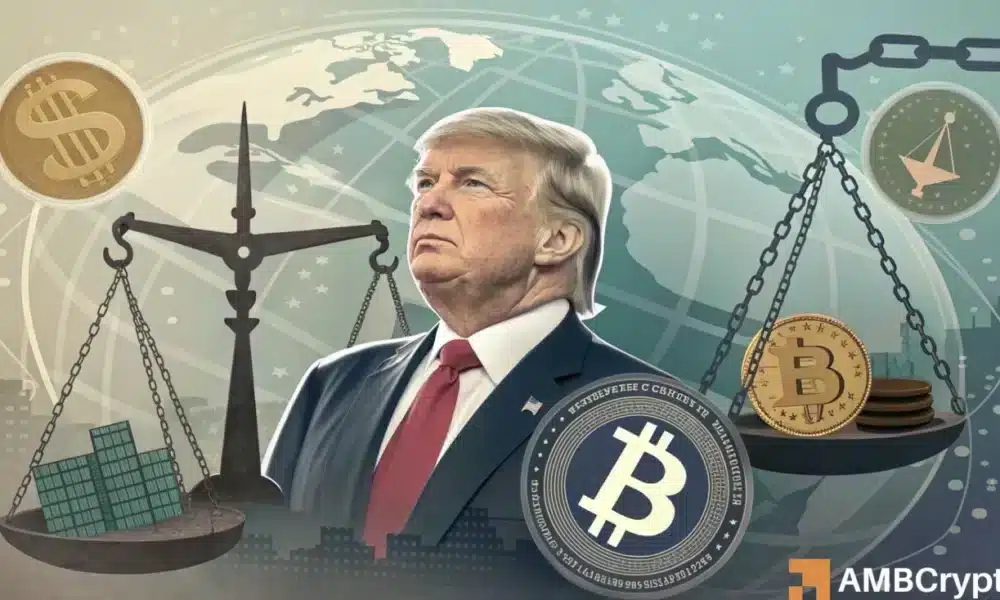
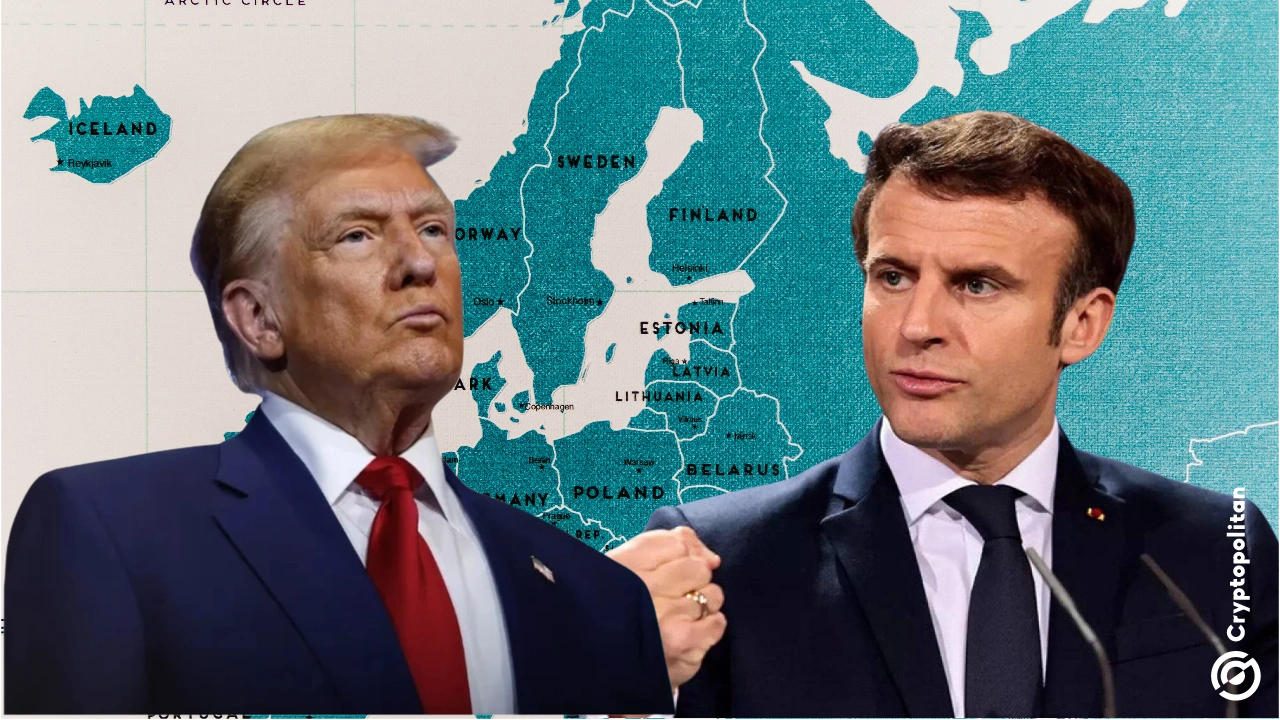
No comments yet